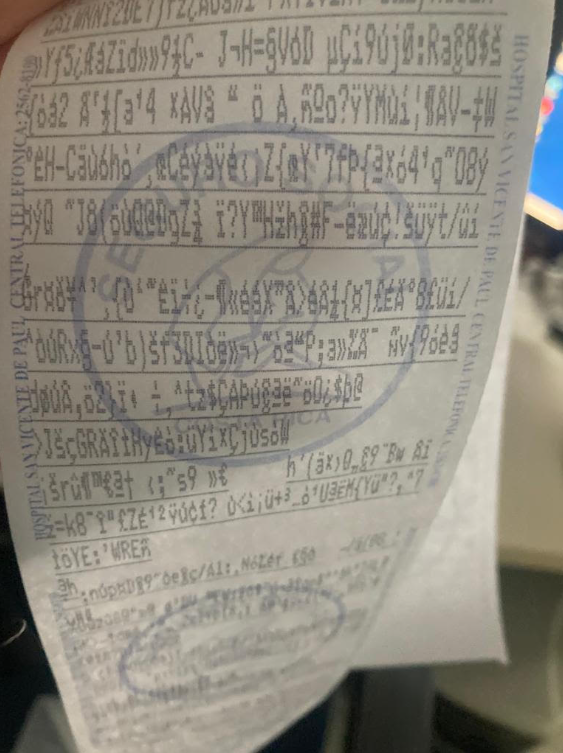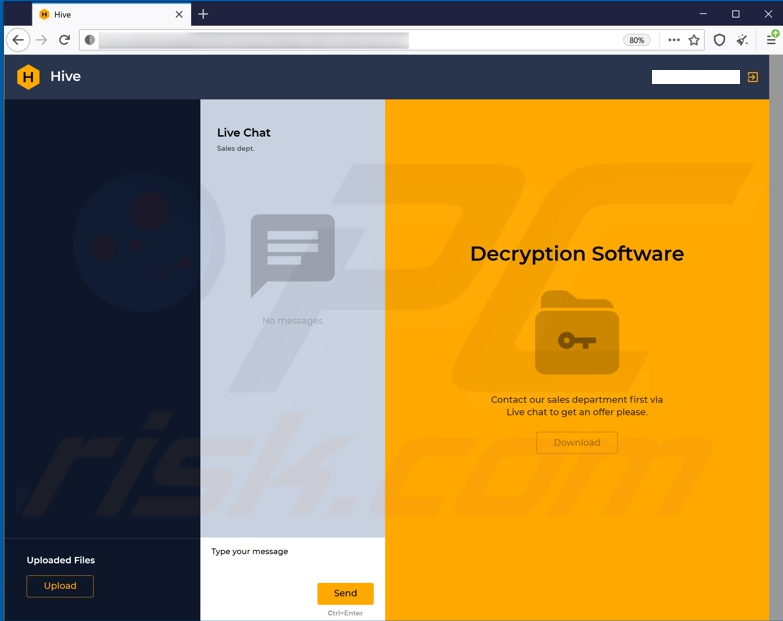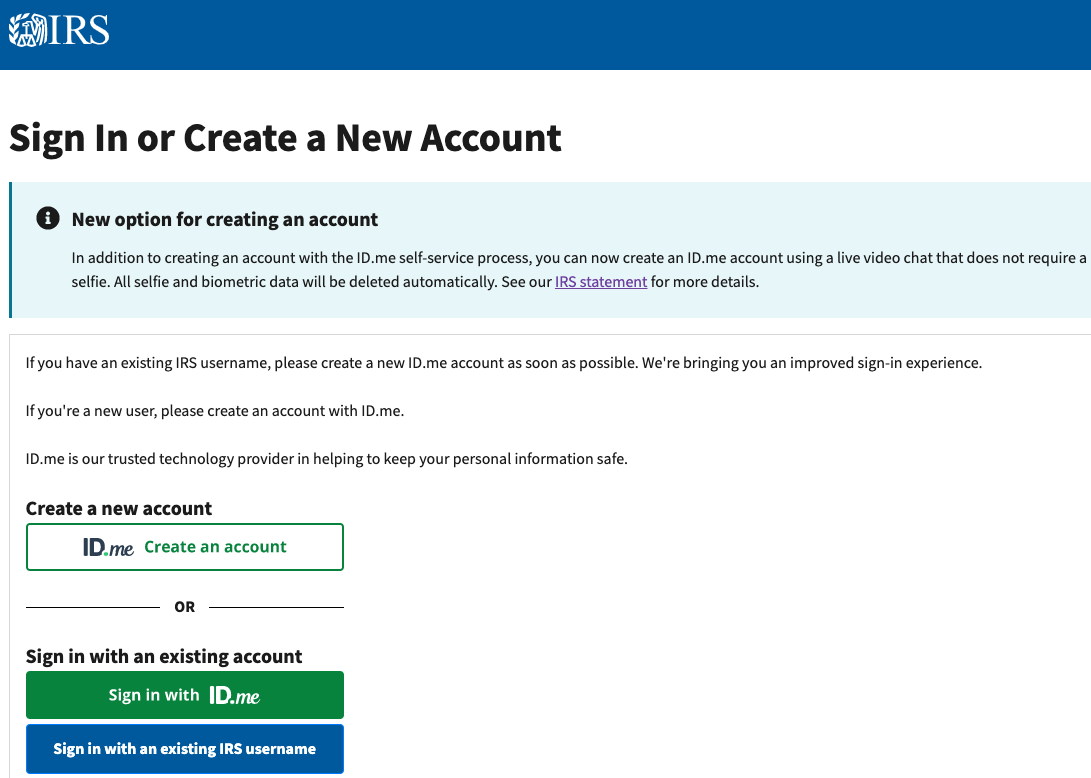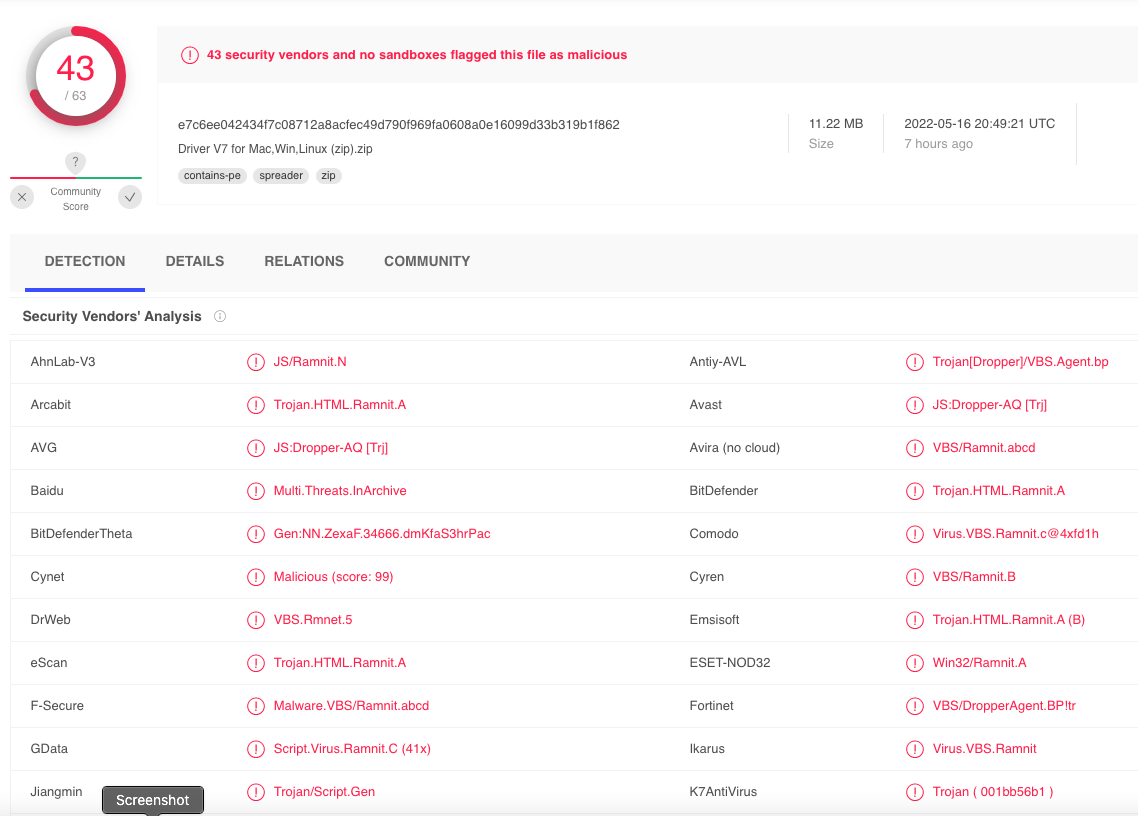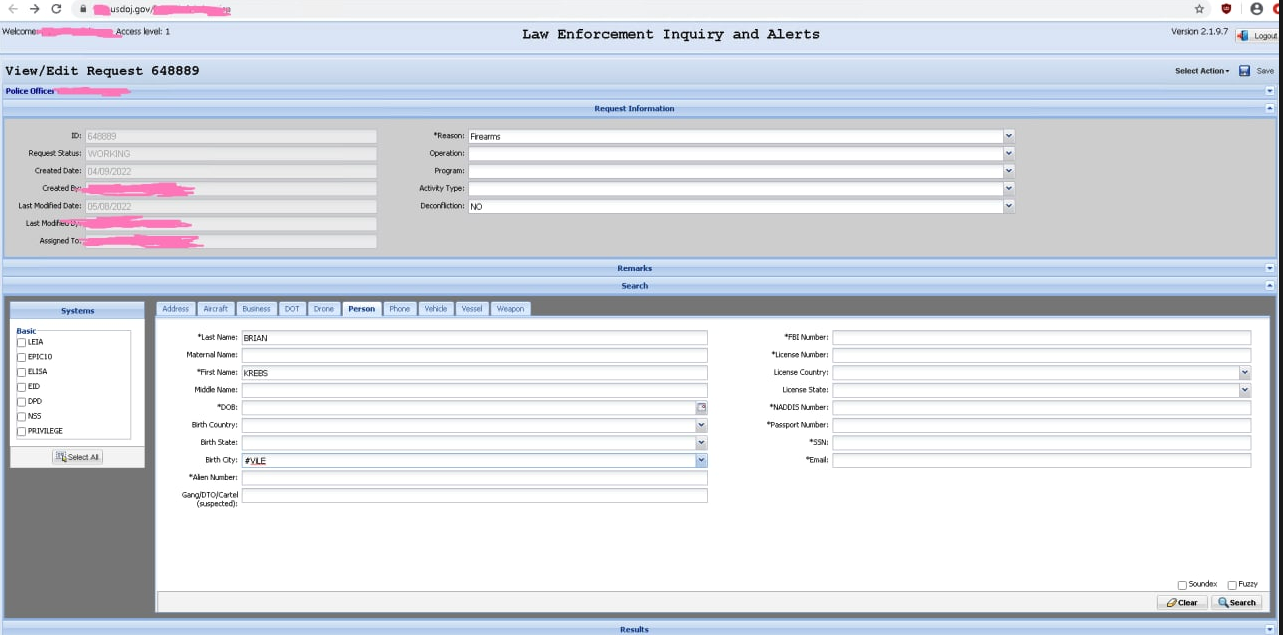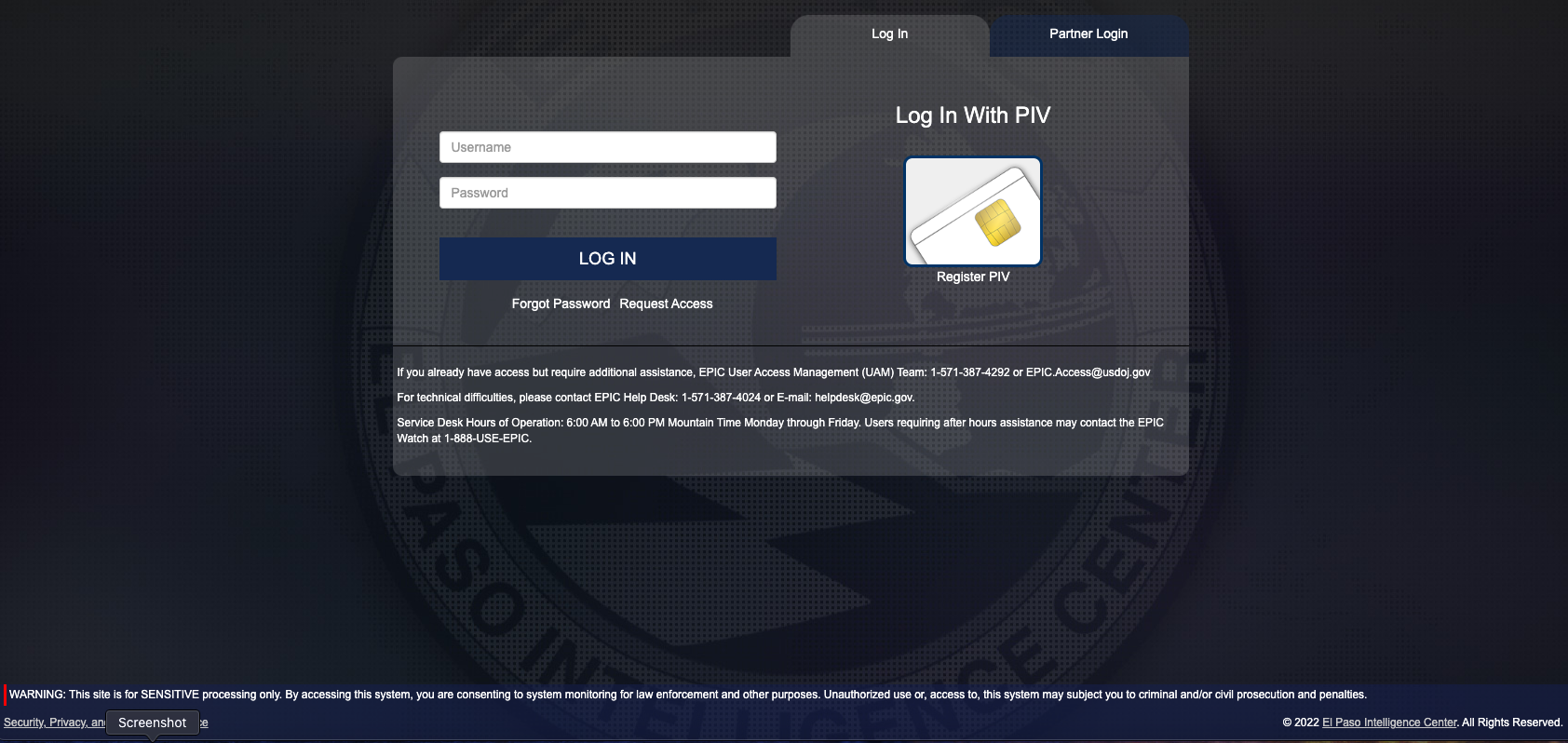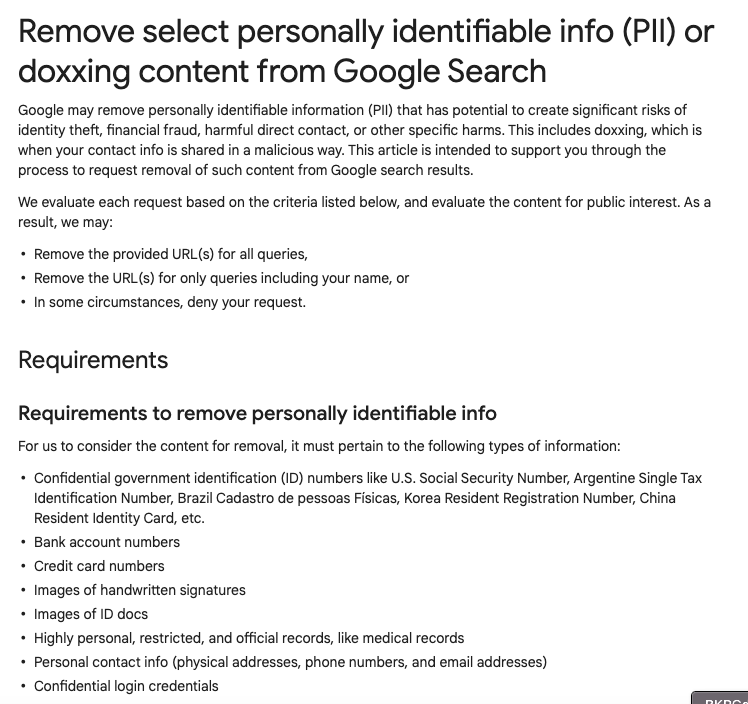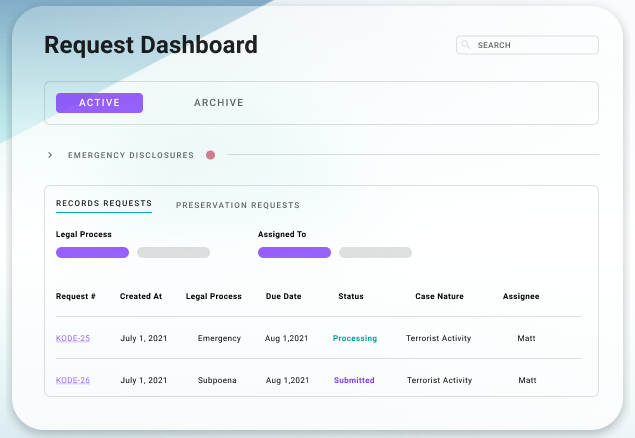The U.S. Department of Justice (DOJ) recently revised its policy on charging violations of the Computer Fraud and Abuse Act (CFAA), a 1986 law that remains the primary statute by which federal prosecutors pursue cybercrime cases. The new guidelines state that prosecutors should avoid charging security researchers who operate in “good faith” when finding and reporting vulnerabilities. But legal experts continue to advise researchers to proceed with caution, noting the new guidelines can’t be used as a defense in court, nor are they any kind of shield against civil prosecution.
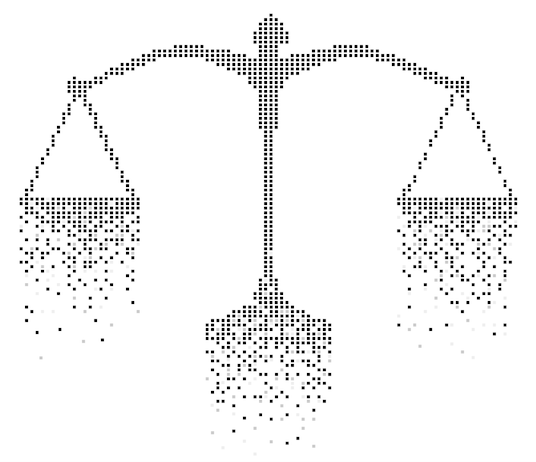
In a statement about the changes, Deputy Attorney General Lisa O. Monaco said the DOJ “has never been interested in prosecuting good-faith computer security research as a crime,” and that the new guidelines “promote cybersecurity by providing clarity for good-faith security researchers who root out vulnerabilities for the common good.”
What constitutes “good faith security research?” The DOJ’s new policy (PDF) borrows language from a Library of Congress rulemaking (PDF) on the Digital Millennium Copyright Act (DMCA), a similarly controversial law that criminalizes production and dissemination of technologies or services designed to circumvent measures that control access to copyrighted works. According to the government, good faith security research means:
“…accessing a computer solely for purposes of good-faith testing, investigation, and/or correction of a security flaw or vulnerability, where such activity is carried out in a manner designed to avoid any harm to individuals or the public, and where the information derived from the activity is used primarily to promote the security or safety of the class of devices, machines, or online services to which the accessed computer belongs, or those who use such devices, machines, or online services.”
“Security research not conducted in good faith — for example, for the purpose of discovering security holes in devices, machines, or services in order to extort the owners of such devices, machines, or services — might be called ‘research,’ but is not in good faith.”
The new DOJ policy comes in response to a Supreme Court ruling last year in Van Buren v. United States (PDF), a case involving a former police sergeant in Florida who was convicted of CFAA violations after a friend paid him to use police resources to look up information on a private citizen.
But in an opinion authored by Justice Amy Coney Barrett, the Supreme Court held that the CFAA does not apply to a person who obtains electronic information that they are otherwise authorized to access and then misuses that information.
Orin Kerr, a law professor at University of California, Berkeley, said the DOJ’s updated policy was expected given the Supreme Court ruling in the Van Buren case. Kerr noted that while the new policy says one measure of “good faith” involves researchers taking steps to prevent harm to third parties, what exactly those steps might constitute is another matter.
“The DOJ is making clear they’re not going to prosecute good faith security researchers, but be really careful before you rely on that,” Kerr said. “First, because you could still get sued [civilly, by the party to whom the vulnerability is being reported], but also the line as to what is legitimate security research and what isn’t is still murky.” Continue reading






